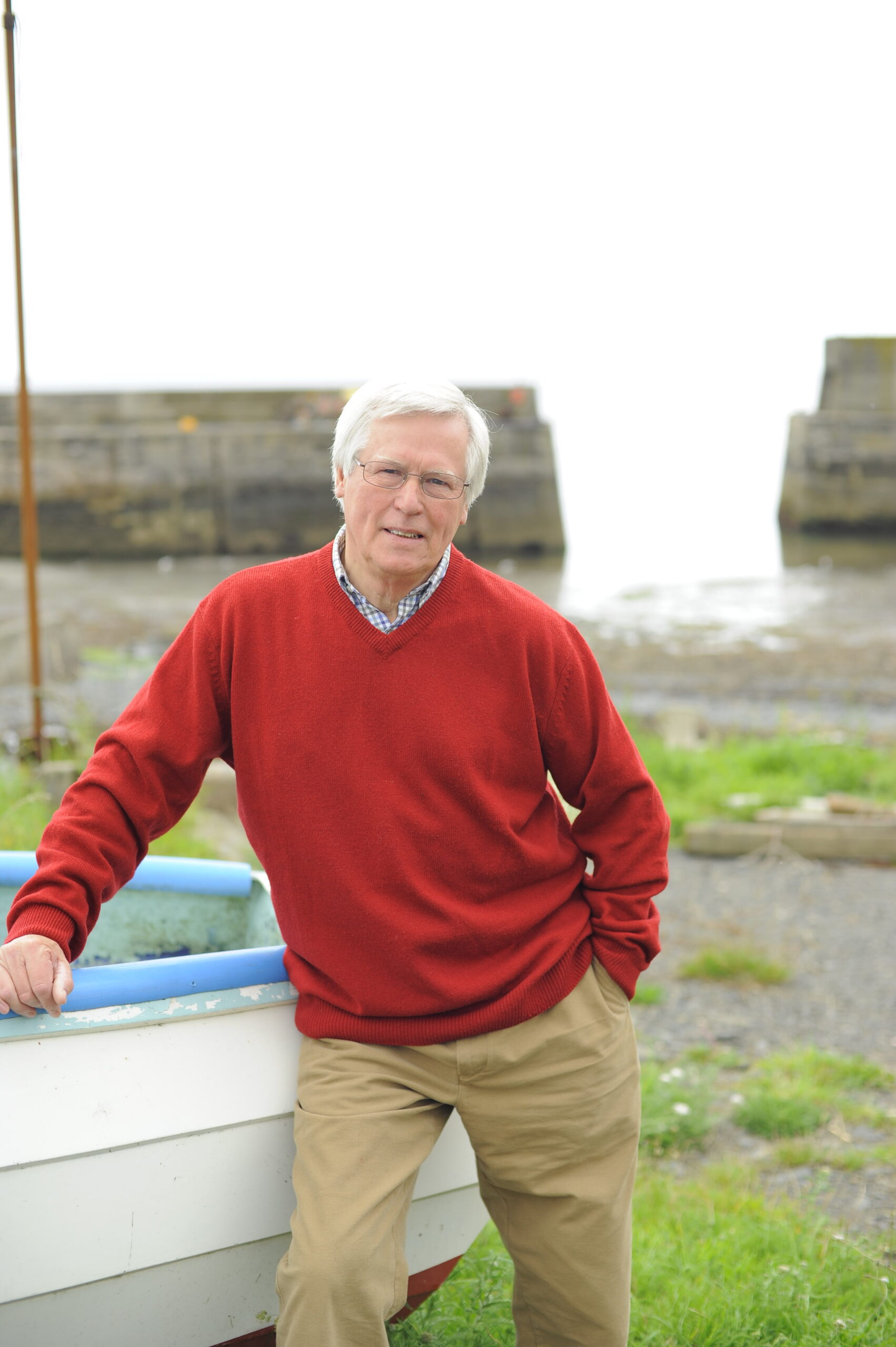I've long held the belief that we British take a proprietorial attitude towards our countryside – in our desire to protect it, we behave as if we own it, even though just a tiny fraction actually does. We club together to form wildlife and conservation groups, we sign petitions against despoliation, we traverse proudly across magnificent landscapes.
But during the pandemic, that belief in a nation that cherishes its countryside has taken a bit of a battering. As soon as lockdown began easing in May, many town and city dwellers dashed to the wide-open green acres and the coast. Throughout the summer, millions of day-trippers and holidaymakers (many of whom had hoped to be on foreign beaches) maintained that exodus and not everyone behaved well.
Some behaved appallingly, leading to headlines about plagues of litter, beauty spots trashed, narrow lanes blocked by parked cars and wildlife, woodlands, livestock and crops under serious threat because of thoughtless behaviour.
Clearly, the Countryside Code, with its pleas to respect, protect and enjoy nature, is being ignored. It had been updated
for Covid-19, underlining the importance of social distancing and planning ahead, in addition to its existing rules such as keeping dogs under control and taking your litter home. Yet a Lake District survey revealed that only 13% of visitors were aware before arrival that they should follow the code. That lack of knowledge may not be surprising. According to The Guardian, the Government spent less than £2,000 a year publicising the code over the past decade – peanuts compared to the millions spent on other public messages.
Its profile was raised in July and August with a ‘Respect the Outdoors’ initiative on social media and in National Parks, AONBs and Forestry England sites, which included an appeal not to create a new type of litter: disposable face masks. But the disgraceful abuse of nature carried on, so what can be done to change attitudes?
Action is underway. Natural England produces the code (other UK nations have their own) and its director for people and nature Amanda Craig tells me: “We are committed to ensuring the code remains comprehensive and up-to-date... and are working on options to refresh the code so it reflects what is needed longer term.”
Details of those options have yet to be revealed but anti-litter experts say a stronger awareness message is needed, targeting newcomers to the countryside who don’t realise the damage they can do.
A petition to Parliament has been launched calling for a national campaign to promote the code, and the Country Land and Business Association (CLA) wants it taught in schools. “We’ve been pleased to see new visitors to the countryside over the past few months but it’s very clear there is a lack of understanding on how to behave in rural areas,” says CLA president Mark Bridgeman.
“We all have a part to play in improving that understanding but help in the classroom would be a great start. We’ve been urging the Government to add the code to the curriculum to educate the younger generation on how to enjoy the countryside safely and responsibly.”
I’d like to see the code heavily publicised on social media, radio and TV and in the press, so it reaches everyone. If it could urge more people to behave as though they owned the place, all the better. My belief might be fully restored – or is that hoping for too much?
